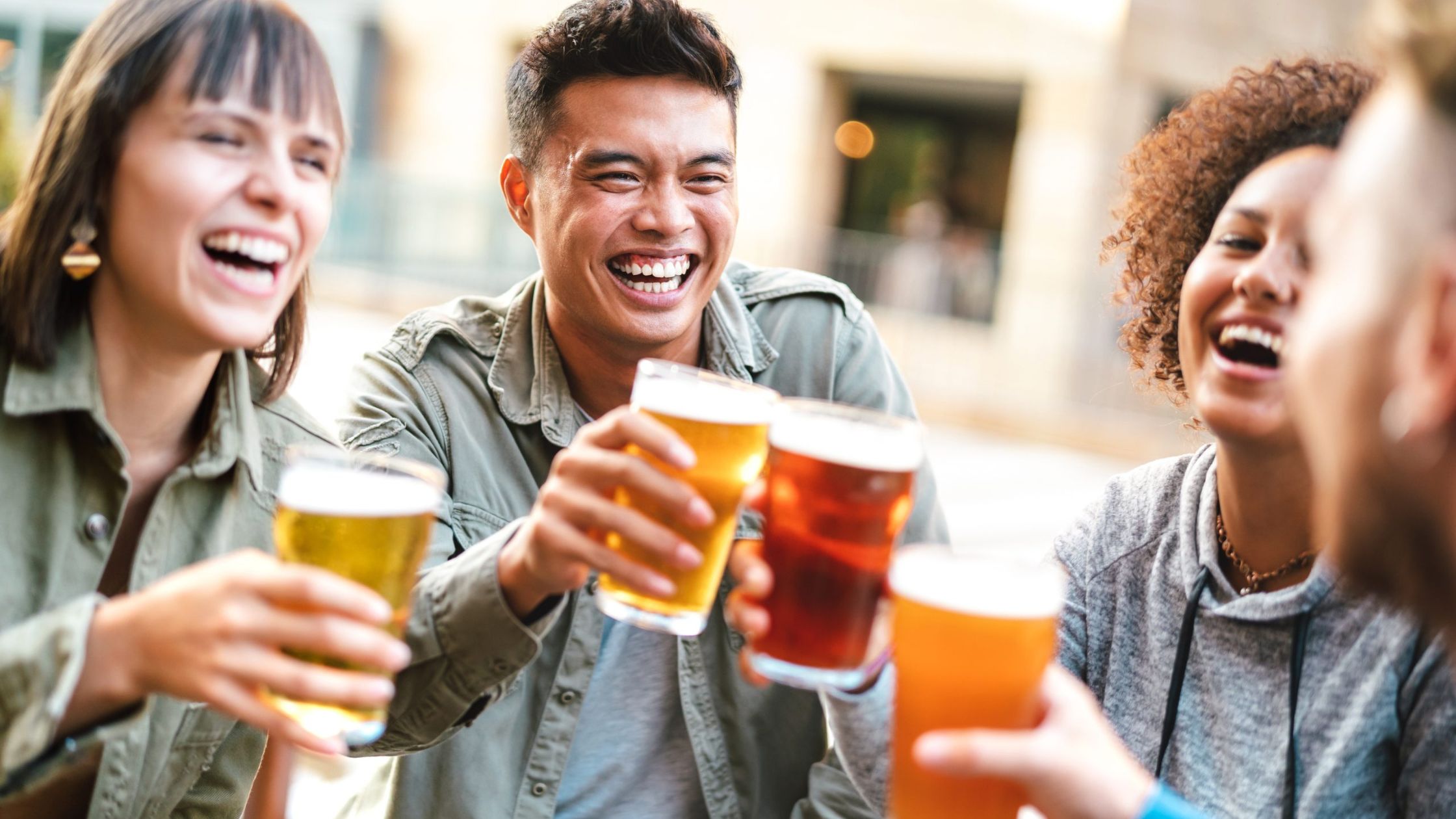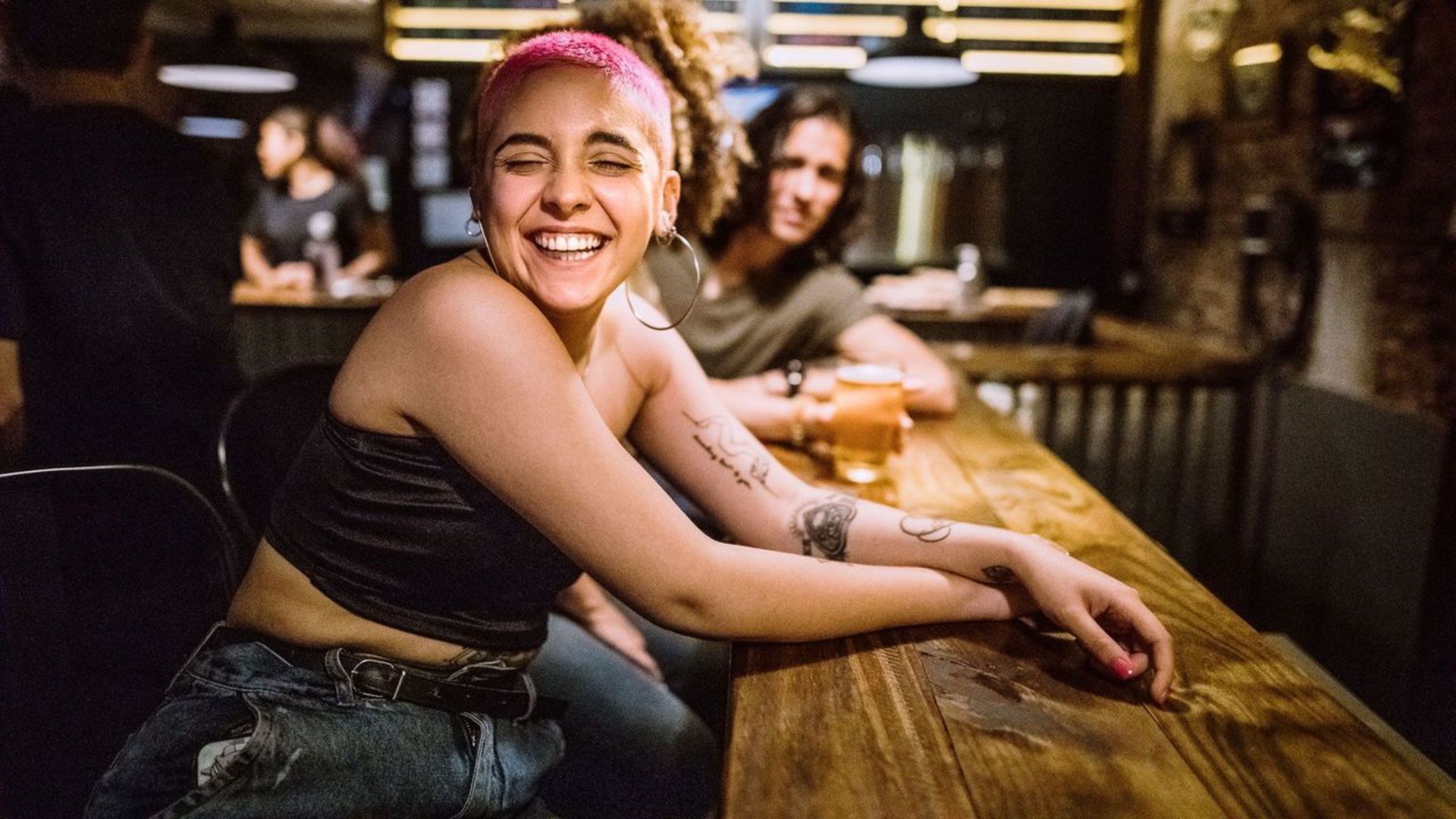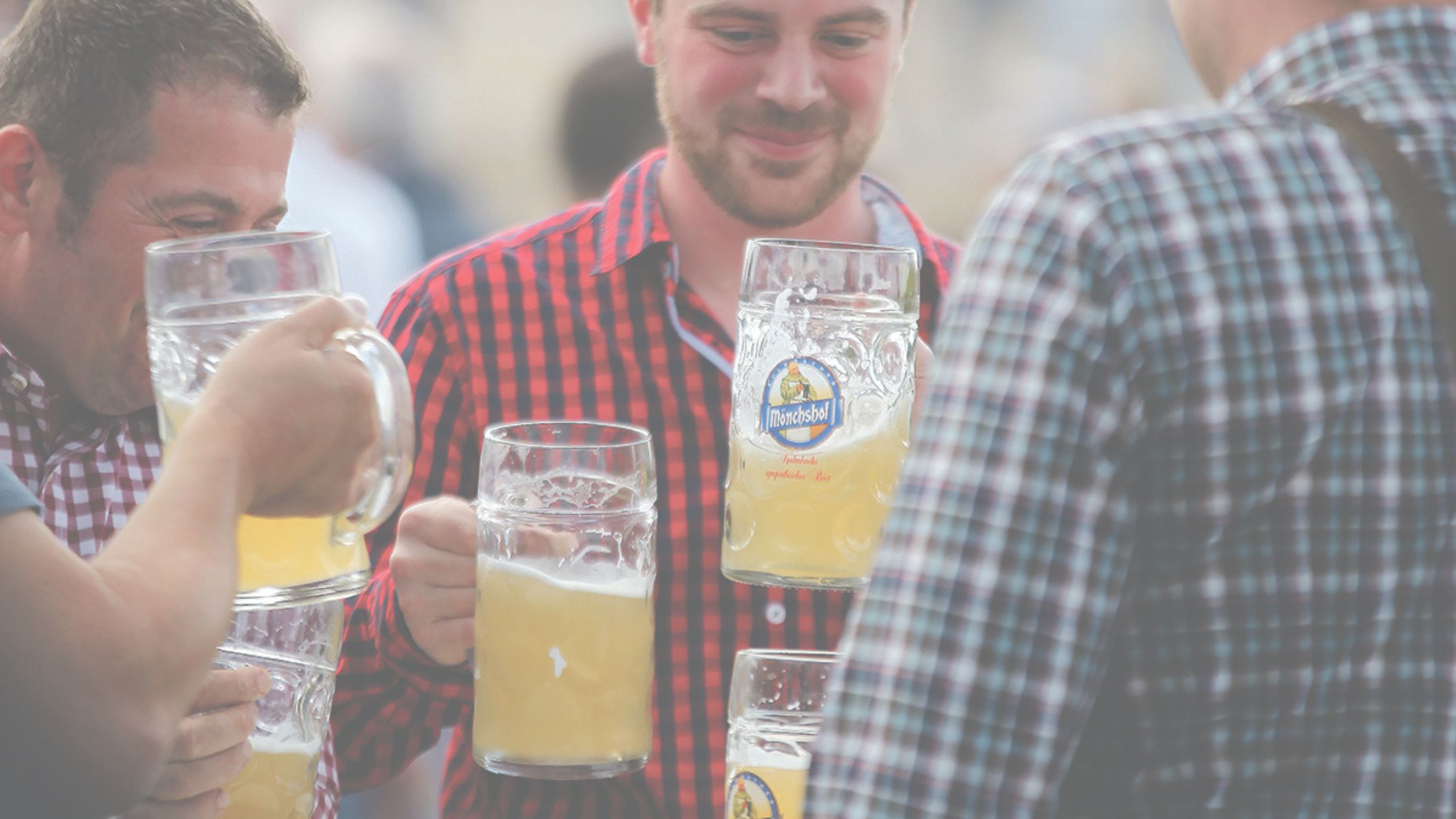Mahua: A Deep Dive Into India's Traditional Drink
2026-01-29

There has always been an association with generational identity and alcohol use. Every generation alters what, how, and why they drink – Boomers creating a wine-and-dine culture, Gen X helping with flavored vodkas, and Millennials influencing craft beer and premium spirits. But none has disrupted the drinking experience like Gen Z.
Compared to Millennials at that age, Gen Z drinks substantially less - conventionally measured as around 20% less alcohol on a total basis - and their choices reflect more powerful and consequential pushes on society: wellness, mental health, financial pressure, and the always-on ‘filtering’ power of online life. This is not just about taste; it’s about all manner of values, identity, and lifestyles.
Let’s explore how Millennials and Gen Z will drink in 2025, and what it means for the future of the global alcohol sector.
Alcohol consumption trends ripple far beyond personal choices. They affect everything from:
Understanding Millennials and Gen Z is critical for anyone in hospitality, retail, or spirits. These two cohorts make up the majority of current and future drinkers—and their influence sets the tone for innovation in the global beverage market.

Gen Z is approximately between the years 1997-2012, and they are redefining the act of drinking. They differ from previous generations in that they do not take a default position of drinking as a social activity. With Gen Z drinking is a choice that is often measured, moderated, and contemplated against more prevailing wellness priorities.
Gen Z consumes about 20% less alcohol than Millennials did at the same age. The reasons:
Gen Z has fueled a boom in no- and low-alcohol beverages, including:
For Gen Z, the focus isn’t on intoxication—it’s on experience, flavor, and novelty.
Classic lagers and traditional wines feel less exciting to this cohort. Instead, they reach for:
Bars and pubs aren’t the primary stage anymore. Gen Z often drinks at home, influenced by:
Social media doesn’t just inspire what they drink—it influences how they present their drinking to peers.
High living expenses, pricey drinks, and a solid culture of wellness, means Gen Z is also more likely to pass on a night out altogether. They prioritize value over volume and look for experiences that are both meaningful and budget friendly.
Also Read: Jack Daniel’s Review: Flavor Profile, Price, and Best Ways to Drink It

Millennials came of age as the craft beer boom, along with the rise of premium spirits was gaining momentum. They faced a variety of financial and cultural obstacles, but their relationship with alcohol is a different one than Generation Z's.
Millennials also drink less than Boomers or Gen X, but their approach is about balance rather than total reduction. They embrace wellness but still see alcohol as part of celebration and relaxation.
Millennials are credited with fueling:
Unlike Gen Z, Millennials remain strong supporters of wine, especially:
Millennials are more likely than Gen Z to drink at:
Millennials care about health, but they’re more likely to justify alcohol when it’s high-quality, artisanal, or tied to experiences like food pairing.
Here’s a clear comparison of how these two generations approach alcohol in 2025:
|
Aspect |
Millennials |
Gen Z |
|
Attitude |
Balance, indulgence, craft, wellness |
Sober curious, wellness-first, risk-averse |
|
Volume |
Less than Boomers, more than Gen Z |
20% less than Millennials |
|
Preferences |
Craft beer, premium spirits, organic wine |
Tequila, vodka, seltzers, RTDs |
|
Occasions |
Bars, breweries, social events, at home |
Mostly at home, digital/social driven |
|
Wellness Orientation |
Moderation, quality ingredients |
Mental/physical health, quality over quantity |
|
Non-Alcoholic |
Open, but secondary |
Major driver of NA/low-ABV market |
|
Influence |
Craft culture, social occasions |
Social media, identity, customization |
These shifts aren’t just statistics—they’re reshaping the way brands operate.
Gen Z’s demand for alcohol-free options is pushing breweries and distilleries to innovate with:
Millennials still prioritize quality and craftsmanship. They’re willing to pay more for premium wine, small-batch whisky, or unique cocktail experiences.
Brands now develop drinks with TikTok in mind—bright colors, DIY-friendly recipes, and packaging designed for shareability.
Subscription cocktail kits, virtual tastings, and pre-mixed RTDs thrive because both generations are increasingly drinking at home.
Gen Z, in particular, expects alcohol brands to align with values like sustainability, inclusivity, and mental health awareness.
Millennials and Gen Z may both be moderating compared to older generations, but their paths diverge:
For the alcohol industry, this means a dual focus:
As disposable incomes rise and the generational gap narrows, one thing is certain: the future of drinking will be more diverse, more personalized, and more mindful than ever before.
Generational drinking habits are more than just what is in a glass - they are about identity, culture and economics as well. Millennials inflated craft beer and premium spirits, and now Gen Z is shifting the landscape with sober-curious lifestyles, TikTok cocktails, and new no- and low-alcohol innovations.
This is a massive movement: drinking less, drinking smarter, and getting more meaning out of every sip. Whether you own a brand or a bar, or if you are just interested in cultural trends, one thing is certain, the future of alcohol is wellness, choice, and creativity, and Millennials and Gen Z are at the forefront.
Also Read: How to Pick the Right Red Wine: A Complete Beginner’s Guide